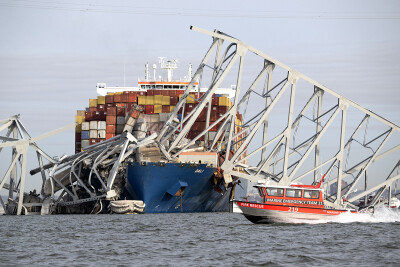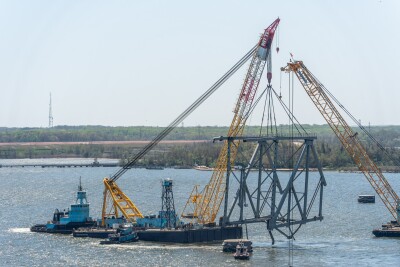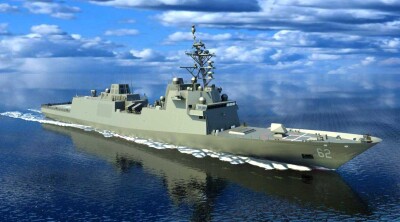When the South Korea ferry Sewol sank in the open ocean April 16, I paid close attention because of the unfortunate deaths and magnitude of the event. I also wondered what effect it might have on U.S.-flag vessel operators.
The public, media and even some in government have very little understanding of the regulatory differences between U.S. and international vessel operations. They often rush to judge U.S. operators by what occurs internationally. As a result, in many cases they incorrectly and unfairly paint the U.S. marine industry in a negative light. Unfortunately, this “guilty by association” mentality ebbs and flows with each international casualty like the Sewol. These accidents also have the potential to result in domestic regulation that is based on emotion rather than reality.
This year, the National Transportation Safety Board (NTSB), the independent federal agency charged by Congress to investigate domestic transportation accidents, recently cited a drop in marine related fatalities in the U.S. for 2012. The NTSB further pointed out that most of the maritime fatalities occurred in the recreational boating industry.
The domestic marine industry is by far the safest in the world. While we all should be proud of this solid record of safety, we need to be concerned about the potential for unjustified international rules and regulations creeping into our domestic regime. There have been major changes in expanding the types of things that are covered by Standards of Training, Certification and Watchkeeping (STCW) and the Coast Guard has issued a final rule implementing the STCW amendments. It is so large that the agency is producing a series of NVICs to further explain the final STCW rules.
I am concerned that this far-reaching regulatory development will negatively affect our industry. Internationally influenced regulations are not appropriate for U.S. mariners. U.S. regulations governing vessel operations, mariner licensing and training, security and other related matters are geared to the domestic trade and should not be influenced by International Maritime Organization (IMO) standards.
Coast Guard regulators, when attending IMO meetings in London, must resist the temptation to harmonize domestic and international regulations. Our U.S. marine industry is extremely safe and is staffed by highly professional and committed mariners.




